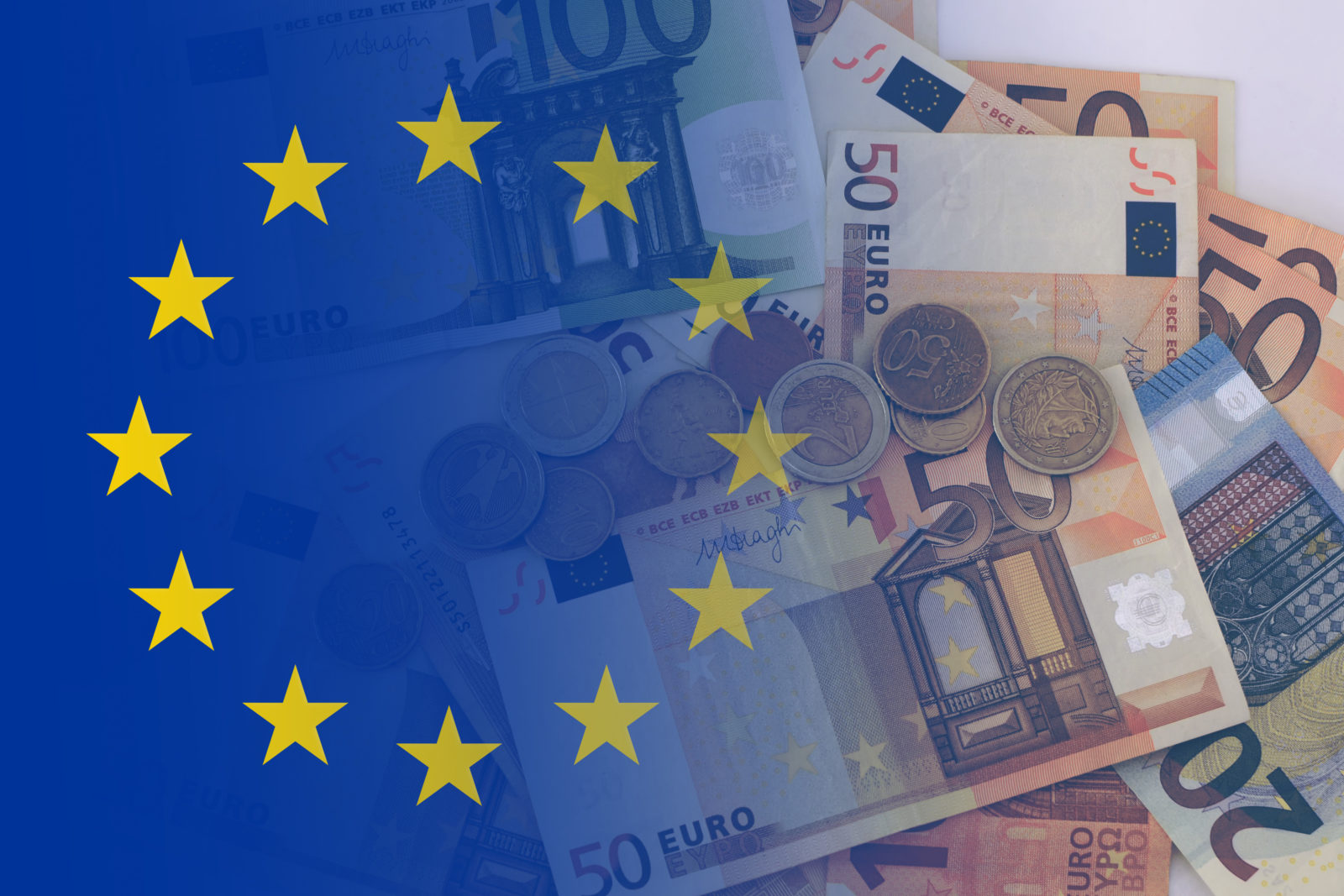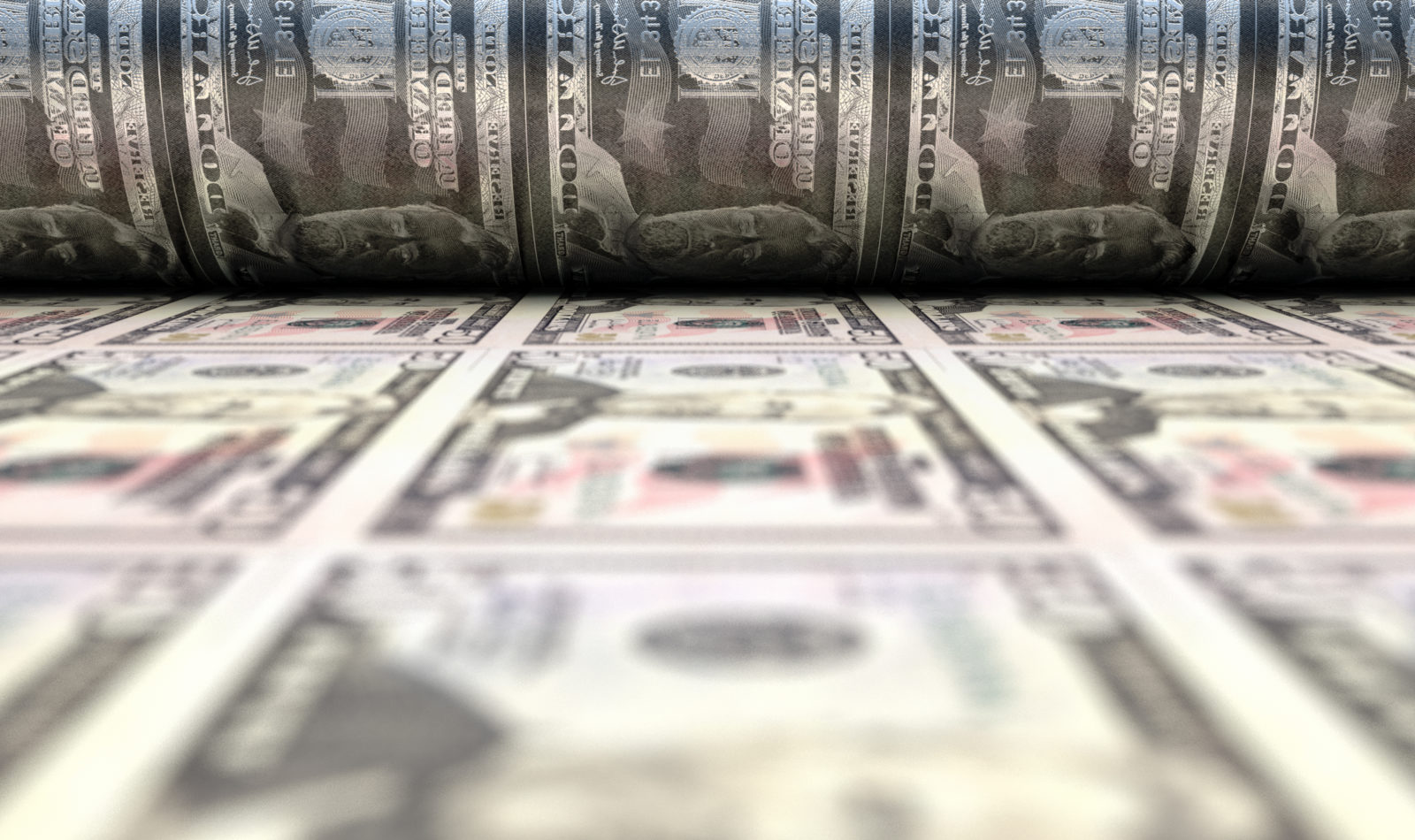Two New Salesmen
Will the new Bush economic team succeed? The short answer is yes, and here’s why. John Snow and Stephen Friedman have been brought on as Treasury Secretary and head of the National Economic Council not so much to make policy as to sell it. They have reputations as consensus builders, and for being effective advocates for their policies. Critics of Read More ›


